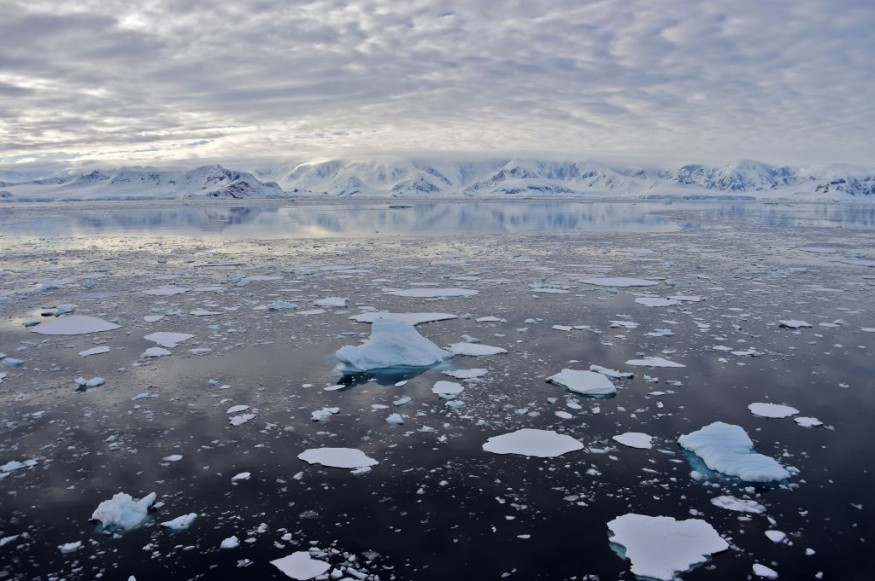A recent study from the Rosenstiel School of Marine, Atmospheric, and Earth Science at the University of Miami (UM) discovered that Miami's history of environmental injustice was the key to comprehending why various groups frequently spoke at cross-purposes, resulting in misunderstandings and disagreements about climate change and what they believe should be done about it.

When Rosalind Donald, a postdoctoral fellow at the UM Rosenstiel School's Department of Environmental Science and Policy, completed the study, she remarked, "These findings are of particular significance as municipal governments begin to adapt to climate challenges." "While the policy community frequently speaks about climate change in scientific terms, the participants in our survey were interacting with its larger cultural context."
Improving the Discourse
Donald and colleagues evaluated Miami's climate debate and the histories that inform it by fusing data from interviews, archival materials - from planning documents to personal papers - and analysis of policy texts.
Inherent Biases
The history of the city's growth through racial segregation and real estate development, from the expulsion of the Seminole and Miccosukee tribes to the razing of Overtown, Miami's largest Black neighborhood at the time, to make way for the I-95 Expressway, has led to a splintered climate debate in which different groups of people are affected by climate change in different ways.
For instance, wealthier people are more likely to reside in shorefront neighborhoods, making them more likely to suffer coastal flooding brought on by sea-level rise and link it to climate change. Due to segregation and relocation, many Black villages in the interior are situated on higher terrain. According to a notion known as climate gentrification, the urge to gentrify these locations is growing, maybe in part because of their reduced vulnerability to sea level rise. As a result, some locals were more likely to link gentrification with climate change.
According to their research, contrasting views on climate change aren't only a matter of political identification; they also have a history in the community, including instances of privilege or dispossession.
Varying Opinions
According to Donald, "research and the media frequently attribute variations of opinion about climate change to political divisions." Our research demonstrates how climate change impacts everyone personally, so it's not just about believers and denialists.
As a result, talking about climate change in isolation from gentrification and other pressing issues was less tangible in certain neighborhoods and, in other cases, even alienating. Although well-versed in climate science, residents of a rich Miami Beach area rejected efforts to address sea level rise because they thought it would lower their property prices and quality of life.
According to Donald, the result has been a split in the city between those who have profited from the expansion and others whose communities have supported the health, prosperity, and environmental quality of others without partaking in the benefits of progress.
Read also: Gloom Reality: Even the Most Daring Technologies Can No Longer Reverse Impacts of Climate Change
For more environmental news, don't forget to follow Nature World News!
© 2025 NatureWorldNews.com All rights reserved. Do not reproduce without permission.





